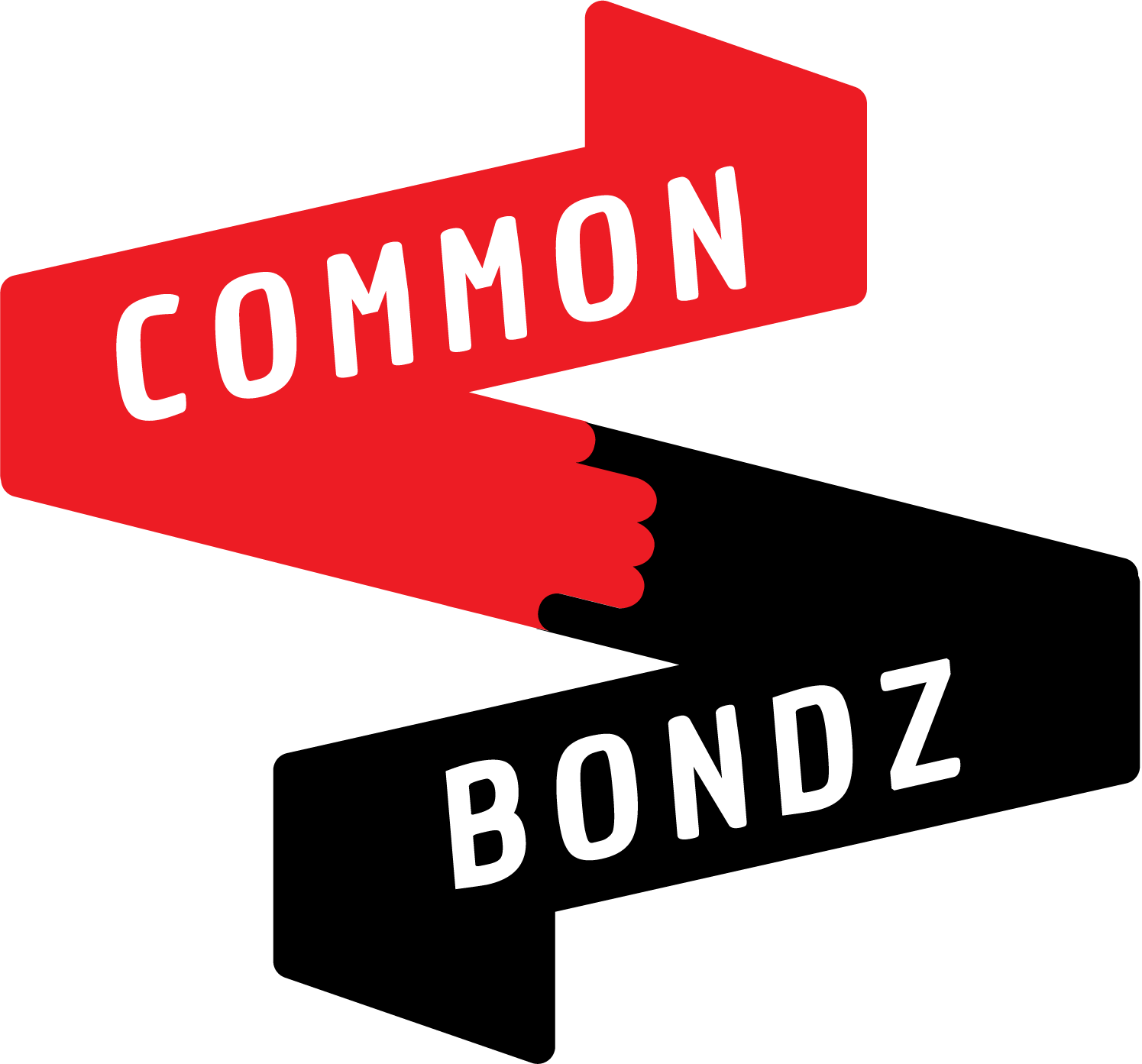You can kill a revolutionary…
By Devin Harvin, CommonBondz Board Member
Imagine being twenty-one years old, running an organization dedicated to uplifting the community around you, and your government deeming you one of the greatest threats to internal security in the country. I am less focused on the classification of Fred Hampton, but instead, what remains at the center of my thinking is his age. Three years younger than me, and yet he carried himself like a seasoned leader at such a pivotal time in Black history. Black History Month is my favorite month of the year. This year, it feels fitting that I am currently enrolled in Critical Race Theory during my second year of law school. Throughout the first few weeks of class, we have discussed a myriad of current events and wrestled with the tenets of Critical Race Theory.[1] I have been reminded of how often I used to think critically about race throughout the course.
I loved reading the work of Hilton Als, James Baldwin, Jesymn Ward, and countless others. I was constantly wrestling with the history of this country, but I stopped when I encountered a simple question. How do we move forward?
The answers felt endless, overwhelming at points. Do we start with education? Maybe we focus on the economic racism that has plagued the black and brown community for decades. Yet, how could we ignore the hundreds of thousands of black and brown men and women currently incarcerated because of a system designed to place them exactly where they are? My mind scrambled. Every author took a different approach and saw the most pressing issue as slightly different. I don't blame them, but I lost interest in the words right before the pandemic hit.
They didn't do enough for me once I read the account of Breonna Taylor's murder. I cannot speak for everyone in my generation, but for a while, I became jaded. The concept of hope felt silly to cling to because there was so much unjustified killing of people that looked just like me.
Now I sit in a classroom on Thursdays for two hours, and I am forced to wrestle once again. What I enjoy most about Critical Race Theory and the process of becoming a "CRT" is that it validates the way I have seen the world since I was 18. I'll admit that I was no different from most of the country, unfamiliar with Critical Race Theory. But taking the class has reignited in me a desire to think deeply about the future of this country. For me, the advancement of Black Americans has always been tethered to the country's growth. So, in thinking critically about race, I am forced to also think critically about the country. The same question that caused me to pause now reappears.
Fred Hampton was twenty-one years old when he was killed in his home. He was a trailblazer, revolutionary, and a young black man in America who felt it worthwhile to wrestle. I cannot explain my fascination with Fred Hampton. I see him as someone to aspire to be. A genuine community builder.
I find the answer to the question that gave me pause in Hampton’s actions. Building community in a way that others deem radical. That’s my answer.
[1] Race is not a biological entity, but rather is a social construction; Racism in the US is normal, not aberrational it is the ordinary experience of most people of color; "Interest convergence" or "material determinism"; Storytelling and counter-storytelling; White people have actually been recipients of civil rights legislation.
